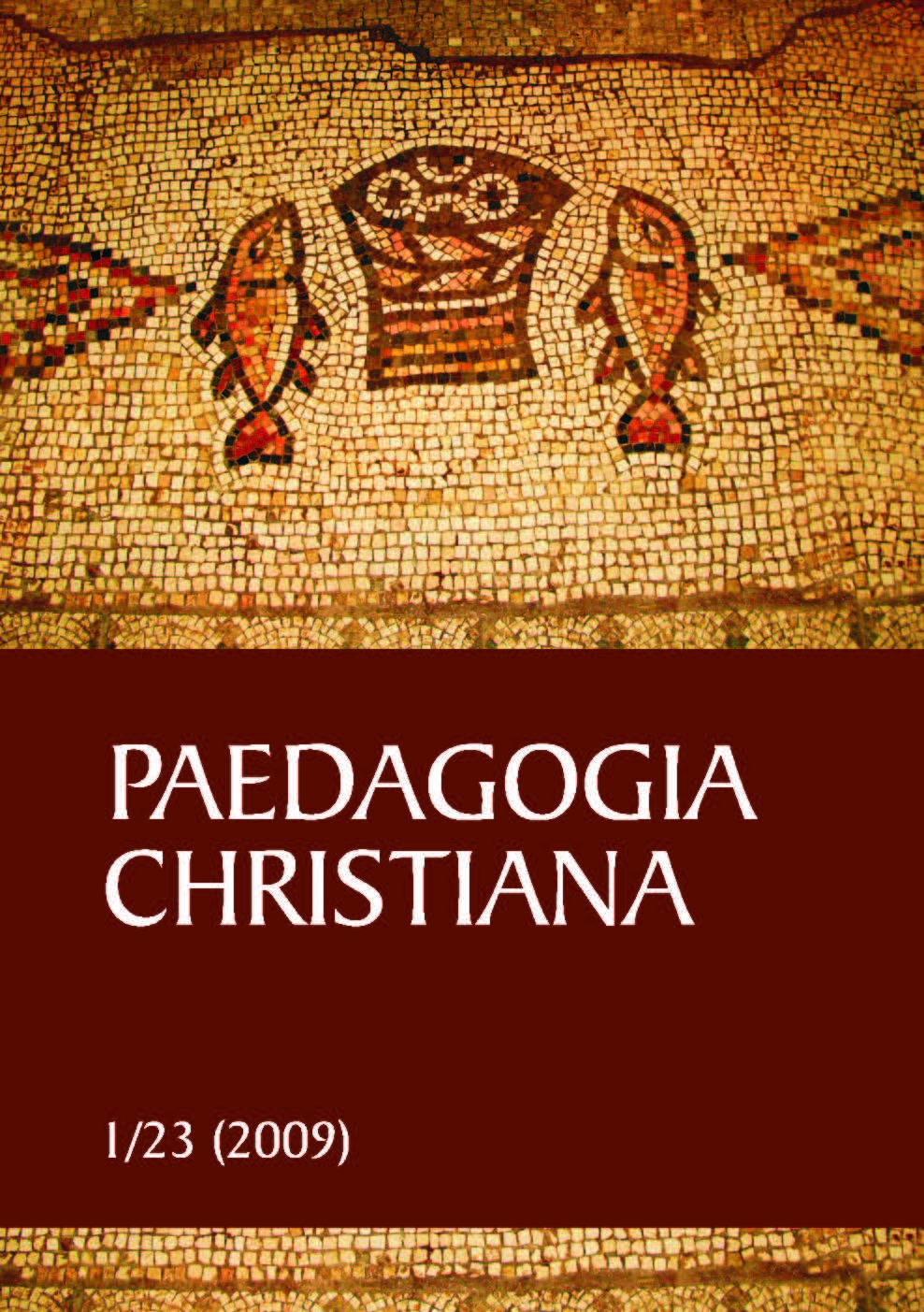Information and its role in the formation of human attitudes and a communication society
DOI:
https://doi.org/10.12775/PCh.2009.006Abstract
The paper is concerned with the role of information in the formation of human attitudes in the context of a communication society. The topic determines the division of the paper into three parts. The first part shows the significance of information in the development of both an individual and society. The next section is devoted to the role of information in forming attitudes. The third part discusses human attitudes as a factor that contributes to the formation of a communication society. The point of reference in the discussion of the issue is human infosphere, which as the environment of information includes four major layers: logosphere (the layer of the word), iconosphere (the layer of image), sonosphere (the layer of sound), and galenosphere (the layer of silence). Each of the layers is a carrier of information, including galenosphere because the understanding of perceived information as well as the ordering and remembering of its meaning and message is dependent on silence. It needs to be emphasised that the influence of information on attitudes largely depends on the structure of a given infosphere. The structure is determined by the dominance of one of the layers, the deficit of another layer, or balanced complementarity between the layers, when they complement rather than exclude each other. The paper posits that the formation of a communication society crucially requires adequately formed attitudes of citizens. These attitudes to a large extent determine the solutions to problems posed by the process of formation of such a society, especially the problems of the concept of human as the most important component of a communication society, of ensuring fair access to information to all members of the society, of practicing dialogue, empathy, and the art of compromise. Paedagogia_Downloads
Published
2009-06-06
How to Cite
1.
LEPA, Adam. Information and its role in the formation of human attitudes and a communication society. Paedagogia Christiana. Online. 6 June 2009. Vol. 23, no. 1, pp. 79-87. [Accessed 1 February 2026]. DOI 10.12775/PCh.2009.006.
Issue
Section
Articles
Stats
Number of views and downloads: 1176
Number of citations: 0



